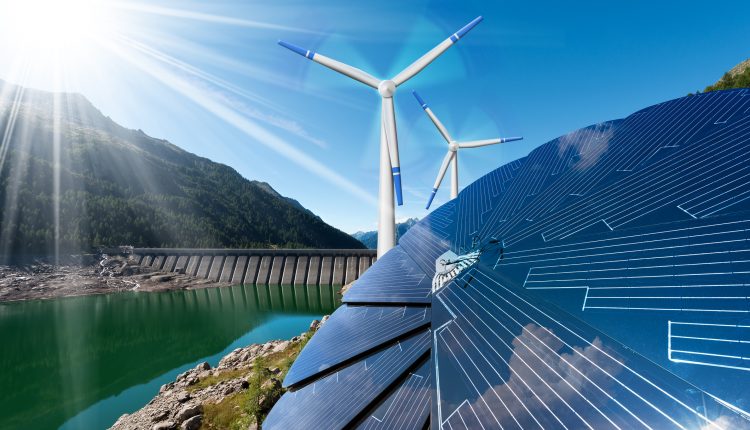Portugal to boost renewable energy share to 93% by ’30
Portugal plans to increase the share of renewables in its electricity consumption to 93 per cent by 2030 as part of the country’s broader decarbonisation efforts, according to an updated draft of its energy and climate plan seen by Reuters.
However, the draft also reduces the 2030 target for the installed capacity of electrolysers to produce green hydrogen by 45 per cent, as Portugal currently has minimal production in this area.
The centre-right government will release the draft for public consultation until September 5, after which it will be sent to parliament. This shift comes as European nations focus more on renewable energy following record-high gas prices in 2022 due to the Russian invasion of Ukraine.
In 2023, renewables supplied 61 per cent of Portugal’s electricity consumption, one of the highest ratios in Europe, while the previous socialist government had set an 85 per cent target for 2030.
Environment and Energy Minister Maria da Graça Carvalho stated that the updated plan aims to combat climate change, ensure energy security, attract investment, and enhance competitiveness, mentioning increasing the share of renewables to 51 per cent of the country’s final energy needs by 2030, up from the current target of 47 per cent.
The draft maintains Portugal’s commitment to reducing greenhouse gas emissions by 55 per cent from 2005 levels by 2030 and achieving carbon neutrality by 2045.
By 2030, Portugal’s total installed renewable energy capacity is expected to reach 42.9 gigawatts (GW), doubling 2023 levels, which includes 12.4 GW of wind power (2 GW from offshore wind) and a solar capacity increase to 20.8 GW from 4 GW.
Although the green hydrogen electrolyser target has been reduced to 3 GW by 2030 from 5.5 GW, the draft emphasises Portugal’s advantageous conditions for developing a green hydrogen industry due to low renewable electricity costs.
Attribution: Reuters.


